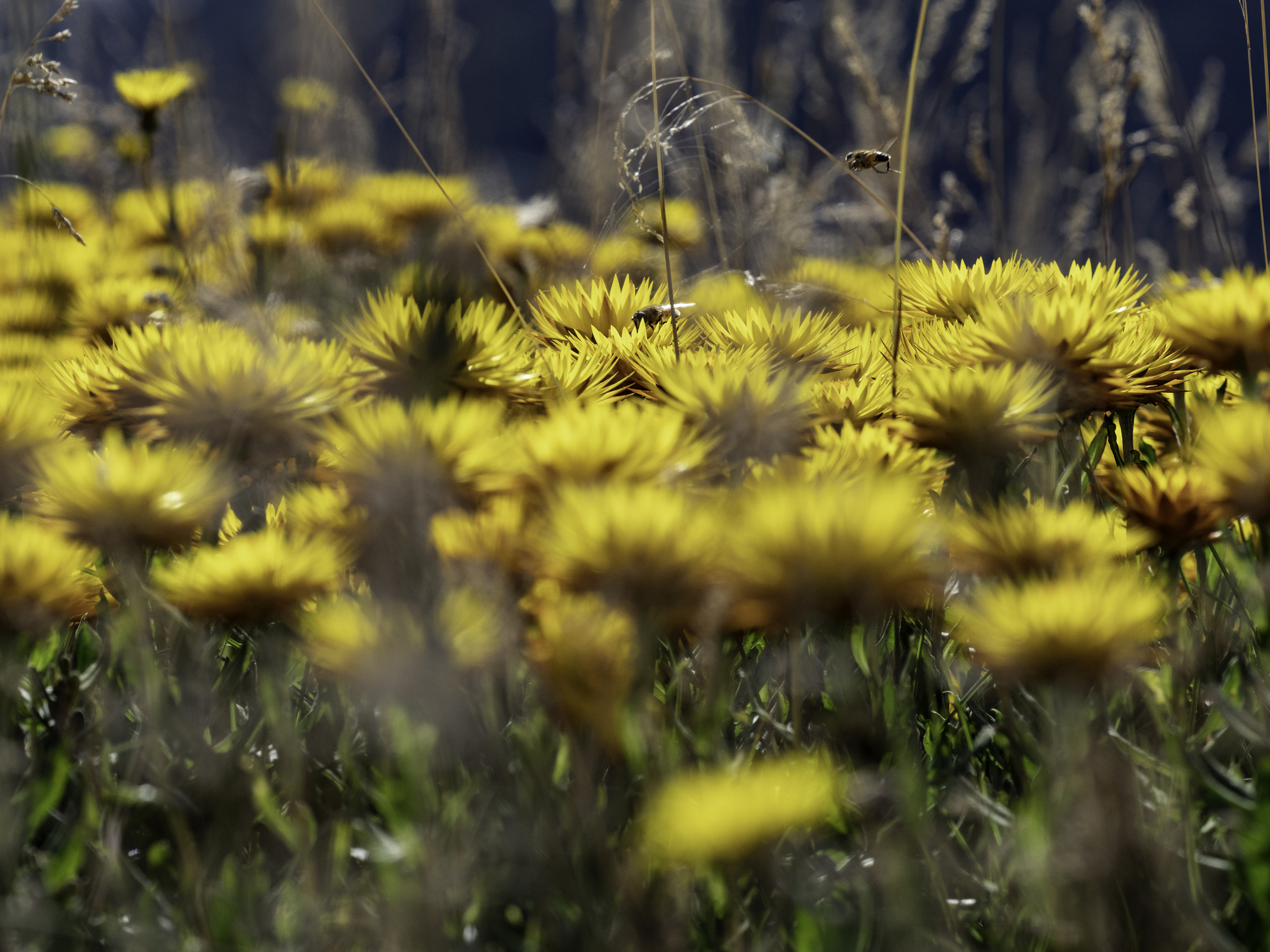The Alpine National Park is an biodiversity hotspot – but grazing cattle was causing devastation.
In 2014, on behalf of Victorian National Parks Australia (VNPA), we launched legal proceedings in Victoria’s Supreme Court, seeking orders that cattle grazing not be allowed into the Alpine National Park for any purpose, including ‘research trials’.
As a result of the case and the campaign, cattle grazing in the Alpine National Park became an election issue and the Labor party made an election commitment to put an end to the destructive practice
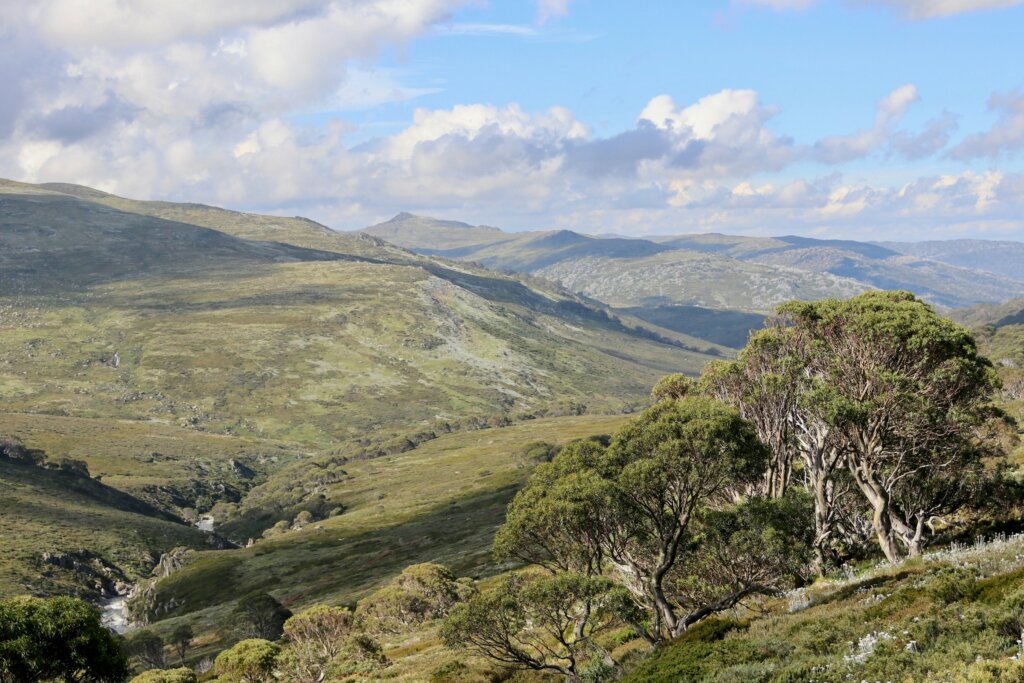
Why was this case necessary?
The Alpine National Park is the largest national park in Victoria and crosses state boundaries to protect most of the Australian Alps.
It is rich in beauty with dramatic mountain landscapes, wild rivers, stunning snow gum forests and open grasslands filled with wildflowers.
Most importantly, it is a biodiversity hotspot. The park’s unique alpine and subalpine ecosystems create a variety of environments where different plants grow together in communities and in turn provide habitats for a broad range of wildlife. The park has the greatest range of flora and fauna of any national park in Victoria.
Despite this, for a long time, cattle grazing was allowed in the Alpine National Park. In 2004, somewhere between 6000 and 8000 cattle regularly grazed in the park.
Decades of scientific studies, and more than 100 scientific papers, have shown how cattle grazing causes damage to the alpine region, threatens the survival of state and nationally protected rare species, spreads weeds, causes erosion and damages important water catchments.
In 2004, the Bracks Labor government put a stop to the destructive practice with legislation banning grazing in the national park. But in 2010 the Baillieu Coalition government introduced about 400 cattle back to the park in a small-scale trial that found a legal loophole in the ban by labelling it as a scientific study.
Proponents of cattle grazing in the park, primarily the Mountain Cattlemen’s Association, argued that cattle grazing can reduce fire risk, despite there being no published scientific evidence to support their claims.
Our national parks need strong protections and under no circumstances should be used for destructive practices that further the interests of industry lobby groups.
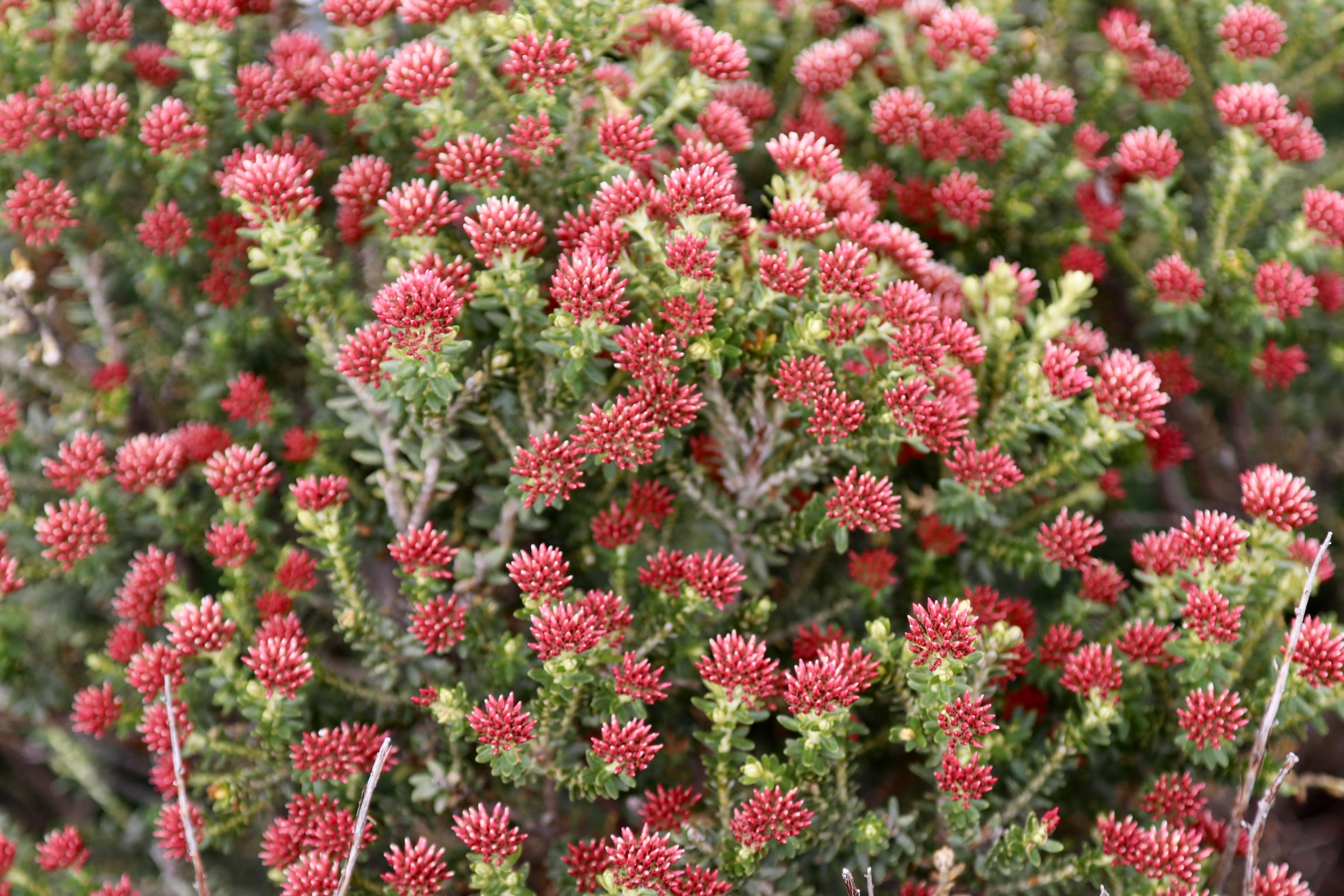
About the client
The Victorian National Parks Association (VNPA) is an independent, non-profit, membership-based group that protects Victoria's unique natural environment and biodiversity through the establishment and effective management of national parks, conservation reserves and other measures.
The case
In 2014, on behalf of Victorian National Parks Australia (VNPA), we launched legal proceedings in Victoria’s Supreme Court against the Secretary to the Department of Environment and Primary Industries, seeking orders that cattle grazing not be allowed into the Alpine National Park for any purpose, including ‘research trials’.
Our case argued that under the National Parks Act, the Secretary did not have the power to allow grazing in any form and that the grazing trial is contrary to the objects of the Act, which primarily relate to environmental protection and species preservation.
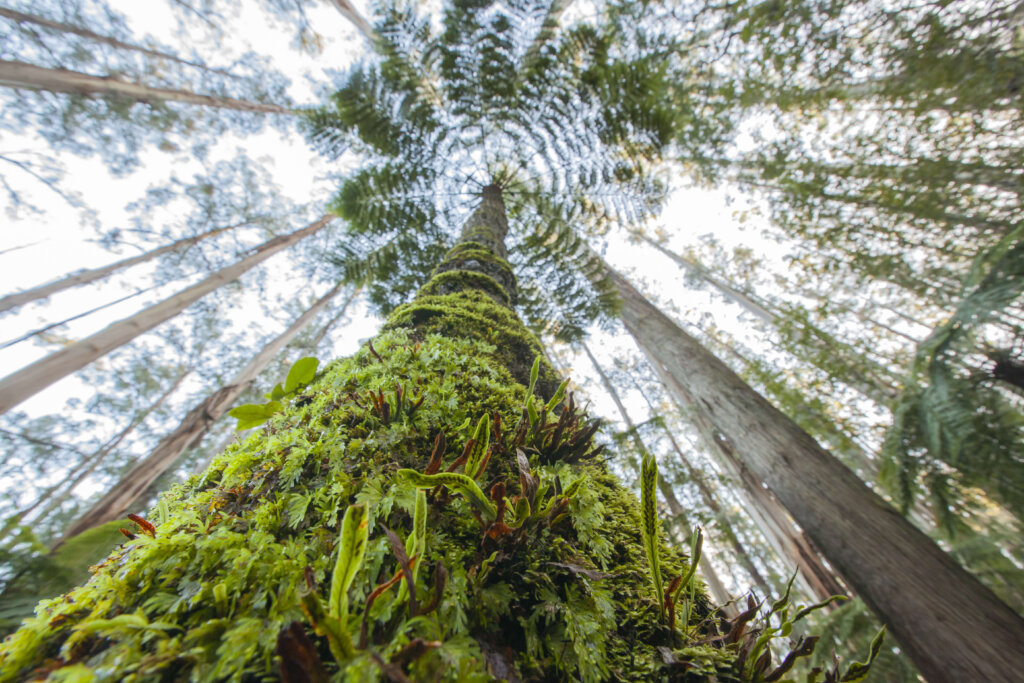
This case was a test of whether Victoria’s environment laws actually protect our precious national parks.
Running in parallel with the legal proceedings was a campaign run by our client, VNPA, and other park advocates, to raise public awareness about the impacts of cattle grazing in the Alpine National Park and make their concerns heard.
As a result of the case and the campaign, cattle grazing in the Alpine National Park became an election issue and the Labor party made an election commitment to put an end to the destructive practice.
On 17 May 2015, the new Andrews Government delivered on its election commitment to ban cattle from Victoria’s Alpine National Park permanently by introducing legislation into the Victorian Parliament banning grazing in the Alpine National Park, as well as in the River Red Gum national parks. The introduction of the National Parks Amendment (Prohibiting Cattle Grazing) Bill 2015 amended the National Parks Act 1975 to prohibit cattle grazing for any purpose in these national parks.
As a result, the case settled and did not proceed to hearing.
As part of the settlement, the government agreed to make an Action Statement under the Flora and Fauna Guarantee Act that would protect Alpine rivers from cattle grazing.
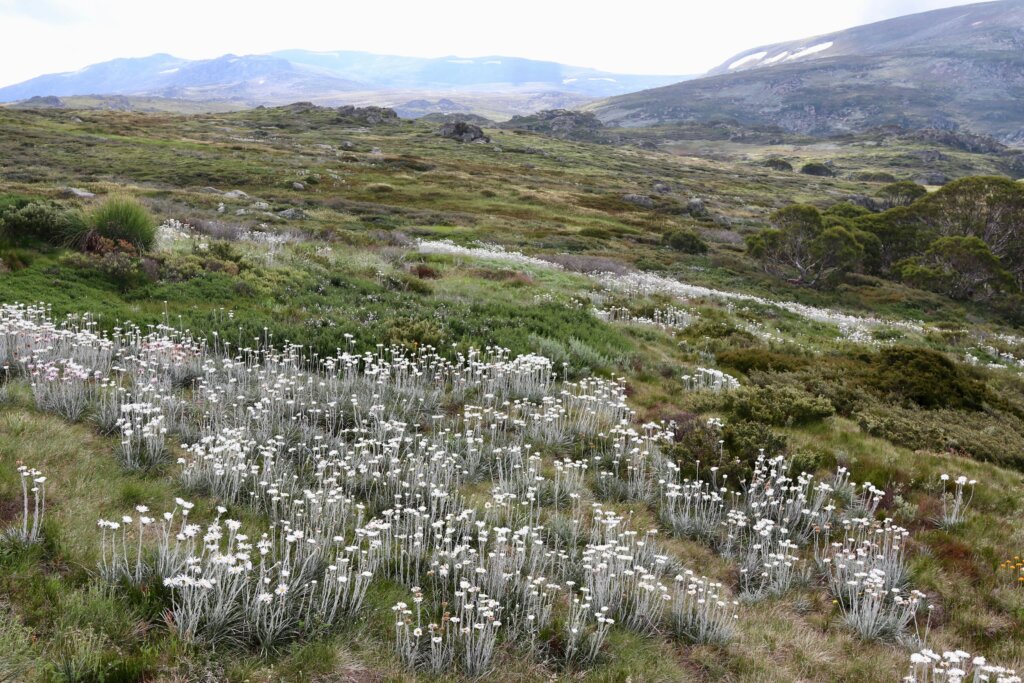
This was an incredible outcome for Victoria’s National Parks and an excellent example of the way that using the law can add strength to a campaign and achieve long-term environment protection outcomes.
